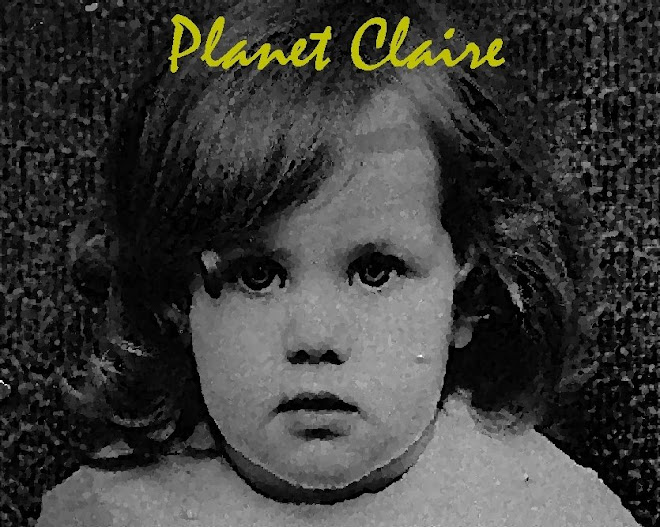This is when the pressure of the blood in your arteries is greater than 140mmHg systolic (top number) or more than 90mmHg diastolic (bottom number) over a period of time. It usually shows no symptoms, but if left untreated, can leat to stroke, heart attack, heart failure or kidney disease.
Reducing Blood Pressure
It's our friends diet and exercise again, but here's some more help:
cut down on salt and fat (especially saturated fats)
eat lots of fruit and vegetables
keep alcohol limits to no more than 4 units a day (for men) or 3 units (for women)
make sure you are within your BMI
be active
Smoking
Smoking alone doesn't cause hypertension, but it does damage your arteries and therefore increases your risk of a heart attack or stroke (as well as other problems, such as lung cancer - which is terminal in 90% of patients).
Medication
Tablets can help to lower blood pressure and thus help reduce the risks for heart attacks and strokes. You are aiming to lower your BP to less than 140/85. If you are diabetic, this is set even lower, at 130/80. Try to take the medication at the same time each day, so that they become part of your routine. It is a long-term treatment, so do not stop taking them unless your GP advises you to do so, and ensure that your BP is checked regularly (ideally, monthly). If you believe you are suffering from side effects, let your GP know, as there are different types of BP tablet and they can therefore be changed.
This information was taken from the Blood Pressure Association in London, published 2005.

1 comment:
Good Post, really appreciated. People with hypertension should eat more fruit and vegetables and avoid processed foods. Potassium supplements also help.
Post a Comment